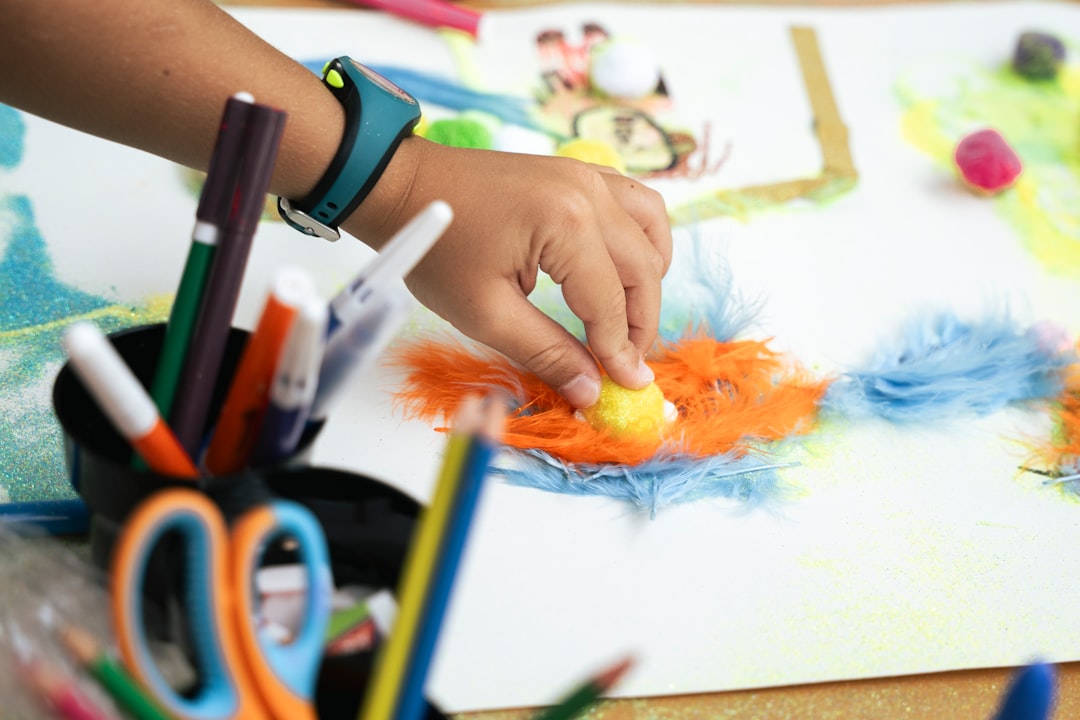In an era dominated by rapid technological advancements and ever-changing job markets, preparing our children for the future goes beyond traditional education models. Lifelong learning emerges as a crucial paradigm, ensuring that the youth of today can adapt, innovate, and thrive in tomorrow’s world. This article explores the essential skills that children need to cultivate from an early age to remain perpetual learners throughout their lives.
The Importance of Emotional Intelligence
Emotional intelligence (EI) is as crucial as intellectual acumen in today’s interconnected world. Teaching children to understand and manage their emotions, and empathize with others, equips them with the resilience to face personal and professional challenges. Enhanced EI aids in developing strong communication skills and the ability to work collaboratively in diverse teams, essential for success in any future career path.
Critical Thinking and Problem Solving
In a world brimming with information, the ability to analyze, evaluate, and create solutions is invaluable. Encouraging kids to engage in activities that promote critical thinking, such as strategic games, coding, or even simple experiments, helps them develop an analytical mindset from a young age. This skill not only aids in academic success but is pivotal in making informed decisions and driving innovations in later life.
Digital Literacy and Technological Fluency
With the digital age in full swing, proficiency in technology is non-negotiable. Digital literacy extends beyond just understanding how to use technology—it involves knowing how to navigate safely and ethically online, understanding digital content, and being able to create new content or technology. Schools and parents must prioritize coding, digital arts, and cybersecurity, preparing children for a world where technology is ubiquitous.
Entrepreneurial Mindset
Fostering an entrepreneurial mindset encourages initiative, self-reliance, and innovation. Activities that simulate real-world economic principles, like running a mini-business or budgeting projects, teach valuable lessons on resource allocation, risk assessment, and strategic planning. This mindset will be beneficial whether children grow up to be entrepreneurs, freelancers, or innovators within larger organizations.
Global Citizenship
As our world becomes increasingly globalized, understanding diverse cultures and global issues becomes critical. Teaching children about global citizenship through multicultural education, travel experiences, or pen-pal programs with international peers can enhance their appreciation and respect for diversity. This global perspective is essential not only for personal development but also for thriving in a globally connected job market.
In conclusion, the landscape of future skills is dynamic and requires a robust foundation in emotional intelligence, critical thinking, digital fluency, entrepreneurial skills, and global awareness. By nurturing these competencies from a young age, we ensure that our children are ready to face the future with confidence and curiosity, continuing to learn and adapt throughout their lives. Lifelong learning is not just an educational strategy; it is a necessity for success and fulfillment in the 21st century and beyond.




